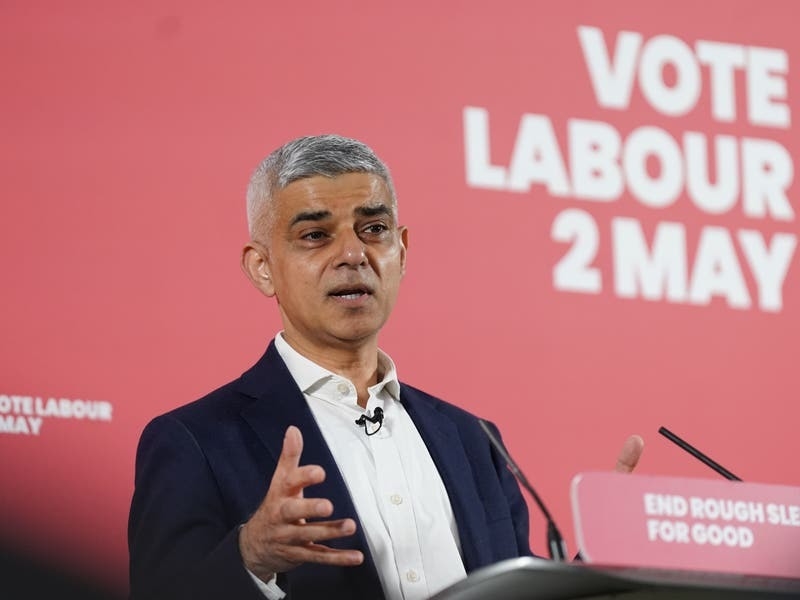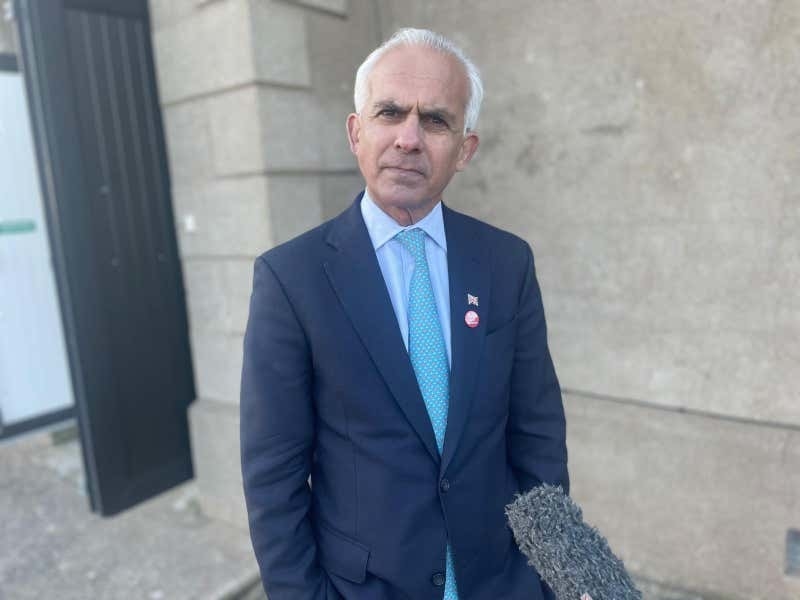The Island’s inability to accommodate refugees was recently brought to the fore by the crisis in Afghanistan. Thousands fled the country following the Taliban’s takeover of the region in August. After the regime took power the UK announced that it would resettle up to 20,000 refugees.
But Senator Ian Gorst said Jersey was ‘different’ from the UK.
In his response to a written question from Constable Karen Shenton-Stone, Senator Gorst said: ‘Jersey has a proud history of supporting refugees in various ways, whilst recognising the challenges and limitations of our highly constrained Island setting.’
He added: ‘In this respect Jersey is different, in legal and practical support terms, from the United Kingdom. It is not possible to ring-fence the provision to a selected group of refugees without opening up Jersey to all refugees, because of the non-discrimination obligations in both international instruments and Jersey law.’
Senator Gorst highlighted Jersey Overseas Aid funding of £375,000 sent in response to the crisis as an example of ‘other means of support’ Jersey provided.
JOA announced the funding in September, which will go to three organisations. The support package includes £150,000 for the United Nations High Commission for Refugees, £125,000 to British NGO ‘Street Child’ and £100,000 to the British Red Cross.
Mrs Shenton-Stone had asked the minister to outline what barriers had been identified to ‘prevent Jersey from accommodating refugees fleeing persecution’, and to state what discussions had been held with the UK and other jurisdictions ‘to understand how any such barriers to resettlement may be overcome’.
Senator Gorst said ‘numerous discussions’ had been held with UK government ministers over the past five years regarding these matters.
In 2015 Senator Gorst, who at the time was Chief Minister, suggested that the Island could house five or six Syrian families at the height of a crisis caused by the country’s civil war. However, that plan was subsequently dropped following confirmation that Jersey would be required to accept refugees from other countries as well.






